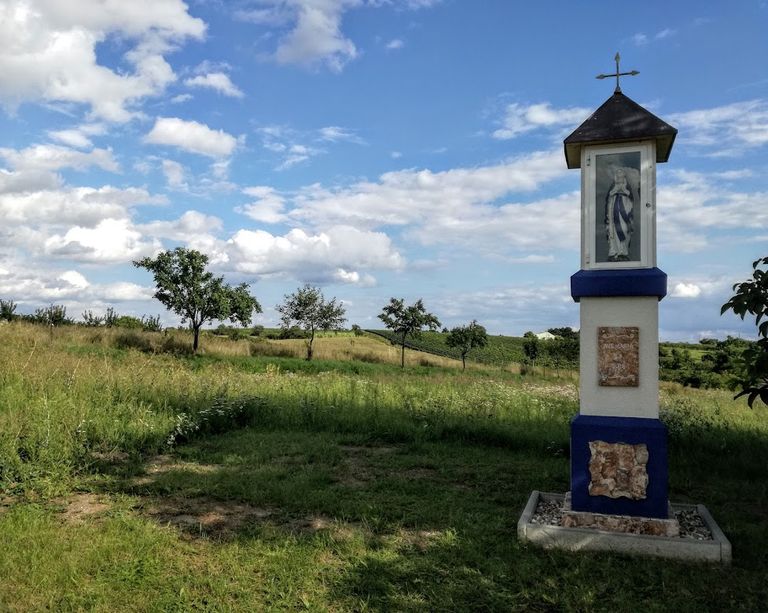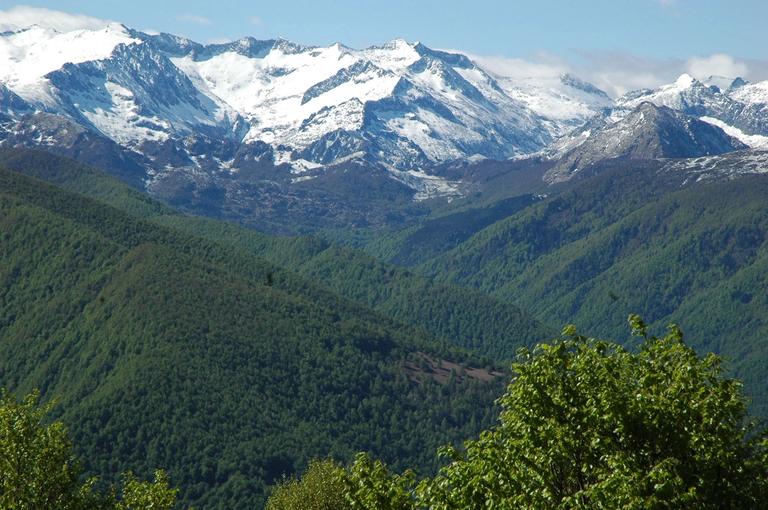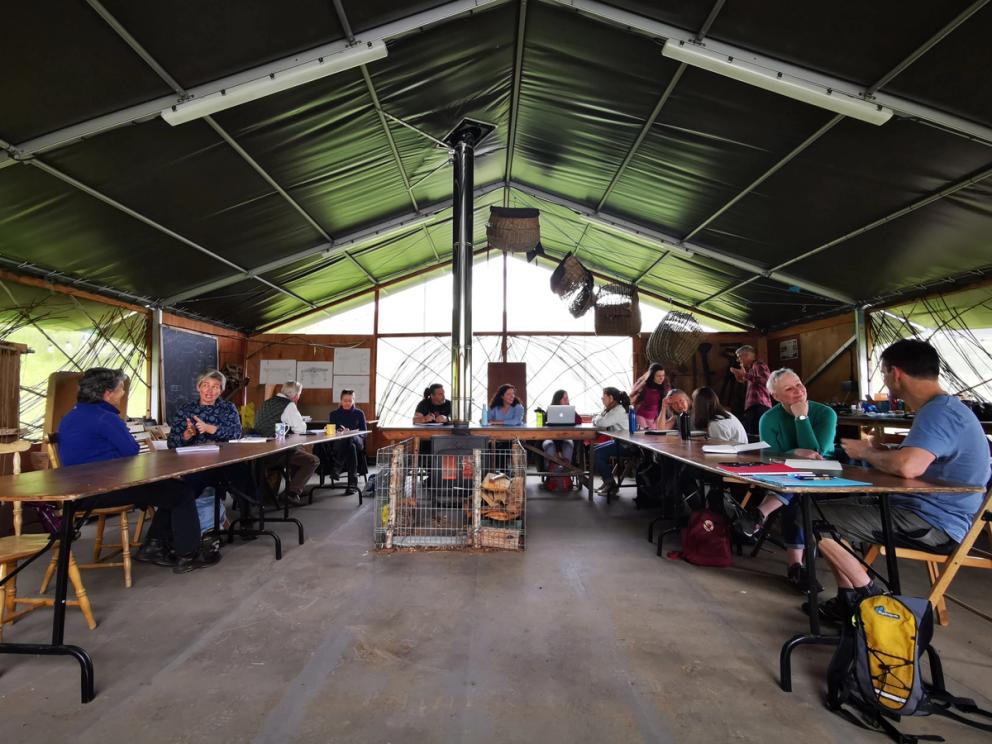Creative Writing as a Tool to Explore Landscape, Identity and Change
Writing is something almost all of us do.
But how conscious are we of how we do it, and what we want to achieve with it?

Creative Writing has surged in the UK and in many other countries as a pursuit both formal and informal – a hobby, a daily practice, a professional ambition, an academic goal. Many people write, for as many reasons as you can think of – to explore thoughts, feelings, to write a particular text or in a particular way, or simply to reflect on experience.
There is often a very strong link between our sense of self and our sense of place.
But what if the places by and through which we define ourselves are changing in ways that we do not recognise and cannot predict?

Our programme looks at the transformation of landscapes – actual and possible – in the context of climate change. From the beginning we conceived of Just Scapes as an innovative, unusual project that would bring together a range of approaches to explore how people who live in landscapes that may be impacted by climate change and in particular the environmental risks associated with it, feel about the possibility that the places they live in may change quite radically, even in their lifetimes.
Three landscapes, three creative writing workshops
With this in mind, our team of researchers, led by Jean McNeil and with the assistance of local writers, held a creative writing workshop in each community and country we are working in. We invited members of local communities, with or without experience of writing creatively, to participate. The workshops introduced participants to the fundaments of creative writing: voice, vision, language, story, character, meaning – and much more.
The workshops also focused on participants' responses to their immediate environment, and used exercises and techniques associated with nature writing. These included things like: close observation of the immediate environment; reflections on relationships with land, landscape, animals and other living non-human beings in the local area; family histories, ancestral ties, stories, practices and inherited cultures from the surrounding area.
It was important to us that the workshops were friendly and enabling. Each tutor was an experienced writer, teacher and facilitator. The goal was for the participants to write at least one text arising from the workshop, which may be poetry, non-fiction (life writing), fiction, reportage or another form of writing, and which could also include images or brief videos participants took during the workshop.
One trilingual anthology
We've recently published all the texts written by the participants in our three creative writing workshops in Scotland, France and the Czech Republic in a trilingual anthology.
'Letter to the Land' - a trilingual anthology
The anthology is the first of its kind that we know of, anywhere in the world.
The texts in ‘Letter to the Land’ are the result of three workshops run by a different writer in each case-study site. They are also creative offerings written by ordinary people (which is to say, non-professional writers), who include farmers, local businesspeople, students, NGO workers, smallholders and agriculturalists.
All texts have been translated into all three languages, meaning that ‘Letter to the Land’ is mutually intelligible to our three research communities, fostering conversation and illuminating points of comparison and divergence between them.
‘Letter to Land’ is now being disseminated to local officials, policymakers, research bodies and institutional bodies in France, Scotland and the Czech Republic. We're also making the document freely available here, as an example of the potential of using participatory creative writing to investigate the complex realities of environmental change and injustice.
Other projects exploring writing and place
We're not the only ones exploring relationships to place through creative writing. Click here to find out more.

